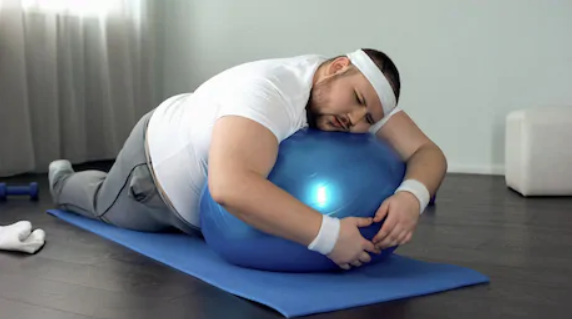
“Smartphone Thumb” is allegedly affecting many of us
There’s no doubt our Smartphone addictions cause us to lose sleep. However, it now supposedly gives us a type of repetitive strain too. This type of strain is only normally seen in factory workers.
A lot of our time spent on our smartphones involves texting and messaging, which takes some serious thumb action. According the Mayo Clinic, this is linked to tendon strains or tendinitis in the thumbs. Thus the name “Smartphone thumb”.
Predictions say that around 37 million people own a smartphone in the UK. That’s 4 out of 5 adults, and if this is true then that’s a lot of people at risk to “Smartphone thumb”.
“Smartphone Thumb”
The Mayo Clinic claim that the repetitive motion of typing on a smartphone-sized keyboard will cause inflammation, irritation and pain around the thumb. Eventually, this would lead to arthritis.
Regarding tendinitis, the NHS has said the following:
“Tendon injuries usually happen during sports or activities that involve sudden, sharp movements, such as throwing or jumping, or after repeated overuse of the tendons, such as running.
“They can also be caused by repetitive daily activities, such as regularly using a computer keyboard and mouse.”
So it’s not just using our smartphones that put us at risk, but also the use of keyboards and mice. Two things that are very common in nearly everybody’s daily lives nowadays.
The Mayo Clinic study is still ongoing, so there is no conclusive evidence as of yet. Do you think this is a real risk? Or just a farce?
Source: Mayo Clinic

















Follow Us